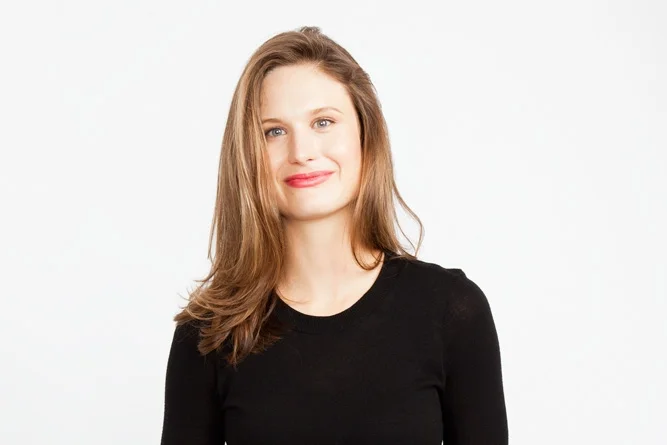Food Psych #78: Healing Trauma & Learning Intuitive Movement with Lauren Ezell Minear
Therapist and yoga instructor Lauren Ezell Minear shares why embodiment is so important to healing from trauma, how feminism and yoga helped her recover from an eating disorder, how she's learned to listen to her body's cues for movement and rest, and lots more. Plus, Christy shares an aspect of her story publicly for the first time.
Lauren Ezell Minear is a psychotherapist and yoga instructor with a private practice in New York City. She specializes in the treatment of eating and body image problems from a feminist relational perspective grounded in mindfulness-based interventions. Lauren also offers integrative body image workshops and yoga therapy for anxiety, depression, exercise compulsion, and traumatic stress. She is the creator of InBodied Yoga®, a body-positive method of movement as self-care. Find her online at LaurenMinear.com.
We Discuss:
Christy’s reflections on the Be Nourished retreat, including the concept of body trust and experiencing the results of the 2016 Presidential election within a body-positive support network
How to heal from trauma of this kind, including holding space for all of our feelings and avoiding turning towards eating disorder behaviors and dieting for relief from the discomfort
Lauren’s relationship with food growing up, including the shift in weight related to puberty, her early understanding that women were “supposed” to be small, and the cultural expectations of women in the South
Lauren’s early experiences navigating her femininity, including the perception of having to make a choice between owning her power and intelligence, and being a “proper” feminine woman
How perfectionism can feed into eating disorder behaviors, and Lauren’s first experience with restriction and the positive reinforcement that came with weight loss
Lauren’s journey from her own eating disorder, to navigating eating disorder recovery, to finally becoming a therapist who works with people struggling with eating disorders
The intervention that Lauren had early on in relation to her eating disorder recovery, including her supportive family and other concerned people in her life who took notice of her physical changes and overall anxiety
Lauren’s transition from restriction to bulimia in college after her first attempt at recovery, and her final steps toward true recovery when she moved to New York City and found the right therapist
How the constant pursuit of thinness and clean eating take energy away from important creativity and other professional and personal pursuits
The difficulty of exercise within eating disorder recovery, including Lauren and Christy’s positive and also sometimes triggering or negative experiences with yoga
The limiting framework of the current commercialized version of yoga, including the lack of ethnic and size diversity, and some of the yoga community’s limited and sometimes damaging ideas about food and the body rooted in diet culture
The importance of getting out of the way of our body’s natural drive to heal itself
Intuitive movement, including Lauren’s experience as a yoga teacher and her practice of yoga therapy, as well as how flexible intuitive movement really can be
The importance of giving the body rest after trauma, including Lauren’s experience using yoga to heal from trauma and her experience focusing on trauma as a psychotherapist
Christy’s experience with trauma therapy and PTSD, including how eating disorder recovery can cloud other things going on internally and the shame related to trauma that often prevents people from seeking treatment
How eating disorders often function as important coping mechanisms before people can learn new, healthy coping skills
The synthesizing of eating disorder recovery, yoga, feminism, size acceptance, body positivity, HAES, and so much more
Lauren’s experience in the social-work field and earning her yoga training certification, including how she came to a feminist relational perspective and embodiment
The difficulty of doing the body image work in the eating disorder recovery field, including the importance of clinicians doing their own body image and HAES work
Resources Mentioned
Some of the links below are affiliate links. Affiliates or not, we only recommend products and services that align with our values.

